Anthropological genetics and the evolution of disease risks
Disease risks in human populations have been shaped by multiple evolutionary mechanisms, including natural selection, population bottlenecks, and admixture. Mismatches also exist between human genomes and present-day environments, and this results in what are known as diseases of modernity. As we enter an era of precision medicine and personal genomics, an understanding of the evolutionary history of our species is essential. Our lab integrates large genome-scale datasets with evolutionary theory and computer simulations. We have found evidence of ancient introgression in Africa, inferred that the leading edge of the out-of-Africa migration involved an excess of males, discovered that genetic risks of cancer have decreased over evolutionary time, and identified novel targets of positive selection. Research in the Lachance Lab includes the following projects:
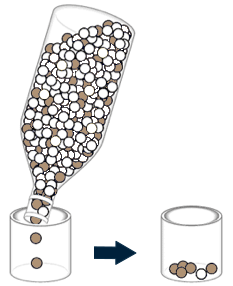
Demographic history and sex-biased bottlenecks
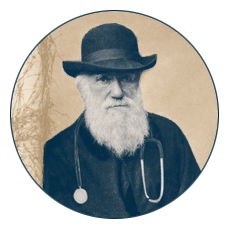
Evolution and the health of ancient genomes
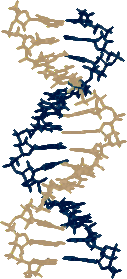
Adaptation of regulatory DNA in humans

Secondary contact and archaic introgression
Globalizing genetic predictions of health and disease
A major public health challenge is to accurately predict hereditary disease risks in people who have different ancestries. However, most disease associations have been found in European populations . The extent that these associations are able to be replicated in other populations is unknown. Because of this, it is imperative that genome-wide association studies be undertaken in diverse global populations and that genetic predictions of disease risks correct for ascertainment bias. We have identified genetic variants that contribute to health disparities, discovered that continental differences in risk allele frequencies depend upon whether risk alleles are ancestral or derived, and we are developing an ancestry painting approach that does not require reference samples. Research in the Lachance Lab includes the following projects:
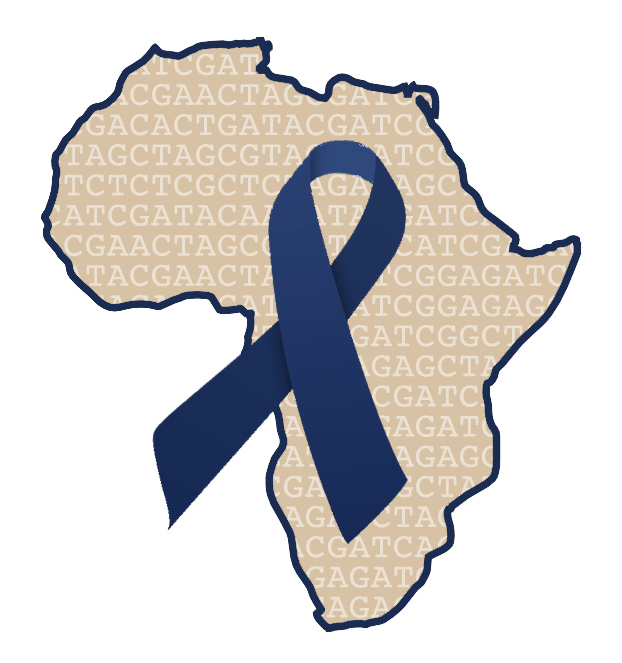
Prostate cancer in men of African descent
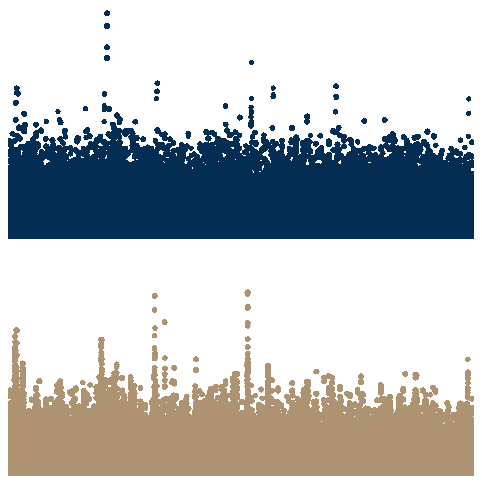
Replication of GWAS results across populations
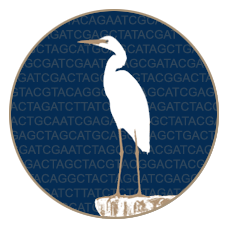
Correcting for bias in genetic risk scores (EGRET)

Painting genetic ancestry (STRUCTUREpainter)
